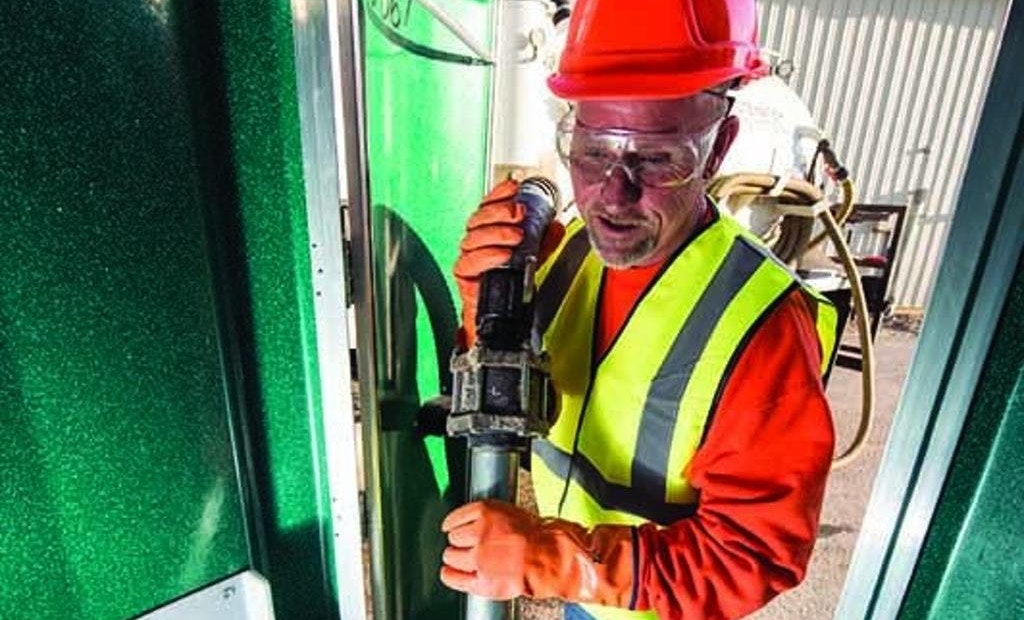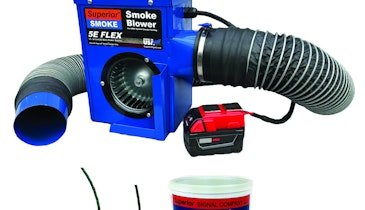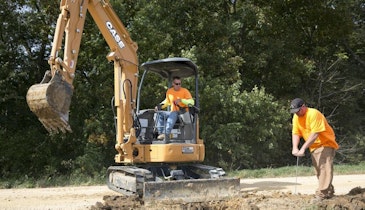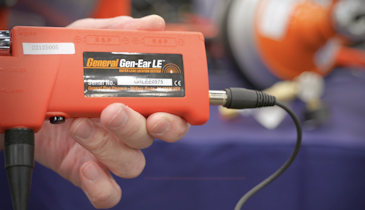Interested in Portable Sanitation?
Get Portable Sanitation articles, news and videos right in your inbox! Sign up now.
Portable Sanitation + Get AlertsThe beginning of May marks an exciting time for anglers here in Wisconsin. Boats are being prepped and fishing rods are spooled with fresh line in preparation for the statewide fishing season opener. It also marks the beginning of a new season for portable restroom operators and pumpers by adding boat landing restrooms to the list of routine service.
Bob Richardson and his team at Northwoods Portable Toilets in St. Germain, Wisconsin, service around 15 to 20 portable restrooms located at boat landings throughout the area as soon as ice is off the lakes and landings are seeing traffic.
“We typically — with the exception of Fourth of July weekend or big weekends — will service them once a week and usually on a Thursday so they are fresh for the weekend,” Richardson says. Portable sanitation services in these locations not only add another weekly duty to the schedule, it also adds a unique set of challenges.
“When you’re dealing with the public, if there’s not a waste dispenser or dumpster nearby, the restroom becomes a trash receptacle,” Richardson says. “If it’s not fish guts, it’s a bag of dog poop. I’d say every week there is something in there.”
For Northwoods Portable Toilets, it comes down to being ready for anything and knowing better than to automatically start suctioning without checking the contents first. “When you go in with a pumping truck that only has a 2-inch hose, bags and fish bones and whatever else gets stuck up in there and it’s an ongoing battle,” Richardson says. “You’ve got to be very cautious. You can’t just go plunging in there, it’s better to skim it and take it slow.”
Richardson warns that without utilizing a proper skimming method, more often than not they will pull up something that plugs equipment, turning a three-minute job into a chore that takes a half-hour or more to clear. “We’ve got long scissor fingers that we can use to reach in and pull out anything obvious before pumping,” he says.
Garbage or fish remains pulled out by Richardson and his team are disposed of properly, but one of the best things you can do to avoid constant garbage dumping into toilets is communicate with whomever services and manages the boat landings. “Most of our stuff at boat landings is contracted through the Department of Natural Resources,” Richardson says. “We make sure to communicate with and have a good relationship with the DNR or whoever is overseeing those areas where the toilets are.”
Having a good relationship with the contracting person or organization is beneficial for many reasons. Park rangers or launch workers may notice if something happens to the toilet during the week. If it’s going to be two or three days before you’re scheduled to be there, they can alert you so you can go fix any issues before they become worse.
In a recent article, What to Do With Fish Waste, author Sarah Heger gives insightful information on how to deal with fish waste at public fish cleaning stations if served with a septic system that applies well to portable restrooms in the same areas. For instance, she says to make collection of fish waste as easy as possible for users. Easily accessible trash receptacles, fish waste bins and signs to help users know how to dispose of certain items can make a big difference on what goes or doesn’t go in the toilet. Work with the contracting agency on getting the proper equipment and signage in place.
And obviously, always expect the unexpected when servicing restrooms in public locations because you never know what you may come across when opening the door. “We’ve had people set up a scarecrow in one with regular overall pants on,” Richardson says. “And of course, we’ve had the classic rubber duck floating.”






